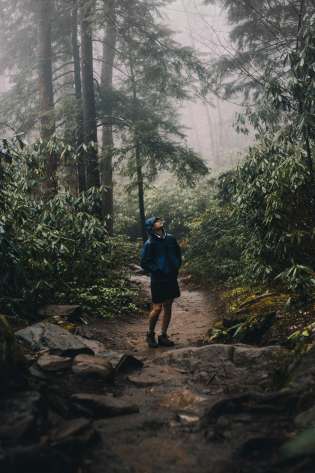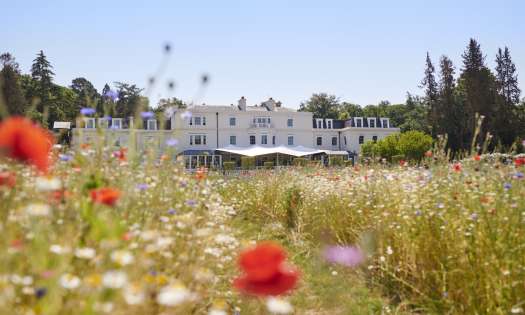By
Niamh Walsh
on
13th January 2024
What is wilderness therapy, and how can it change our lives for the better?
In an age dominated by screens and schedules, the restorative power of nature, particularly through wilderness therapy, emerges as a powerful antidote to the stresses of modern life.
In recent years, mental health challenges have reached alarming proportions globally. According to the World Health Organisation, approximately one in four people will be affected by mental or neurological disorders at some point in their lives. The fast-paced, digitally connected lifestyle has contributed to this rise, making it imperative to explore alternative therapies that can complement traditional approaches.
Nature's Therapeutic Power
Research has consistently demonstrated the positive effects of nature on mental health. A study published in the Journal of Environmental Psychology revealed that spending just 20 minutes in a natural setting significantly lowers levels of cortisol, the stress hormone. Furthermore, the University of Essex conducted a comprehensive analysis, concluding that outdoor activities in green environments reduce symptoms of anxiety and depression by up to 50%.
Wilderness therapy takes these findings a step further by immersing individuals in nature for extended periods, often combining adventure activities with therapeutic interventions. This approach fosters personal growth, self-reflection, and resilience in the face of life's challenges.
The effectiveness of wilderness therapy is not just anecdotal; it is backed by compelling statistics. A meta-analysis published in the Journal of Adventure Education and Outdoor Learning found that participants in wilderness therapy programs reported significant improvements in self-esteem, interpersonal relationships, and overall well-being. In fact, the study revealed a 72% success rate in reducing symptoms of depression and anxiety among participants.
Beyond its effectiveness, wilderness therapy offers a cost-effective alternative to traditional mental health treatments. According to a report by the American Institutes for Research, wilderness therapy is not only comparable in cost to residential treatment but also yields longer-lasting positive outcomes.
As we navigate the complexities of modern life, wilderness therapy emerges as a beacon of hope for mental health recovery. The intertwining of nature and therapeutic intervention has proven to be a powerful catalyst for positive change. As the data and statistics affirm, the wilderness is not just an escape; it is a prescription for healing, offering a profound and lasting impact on the journey towards mental well-being.











